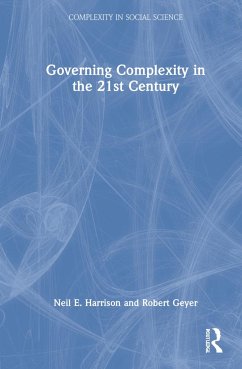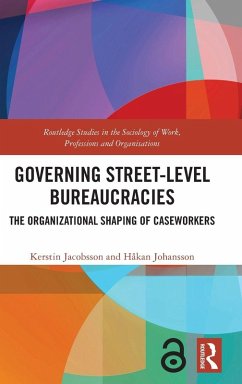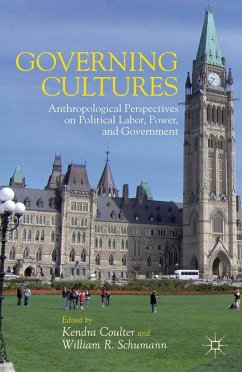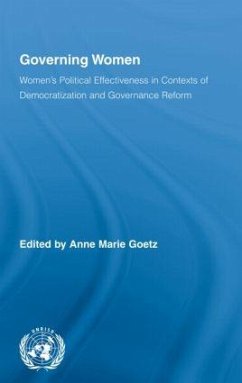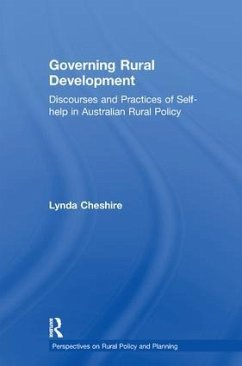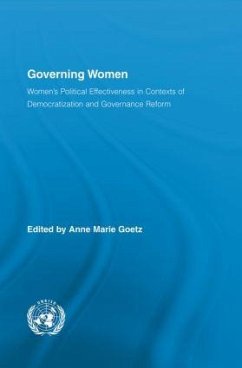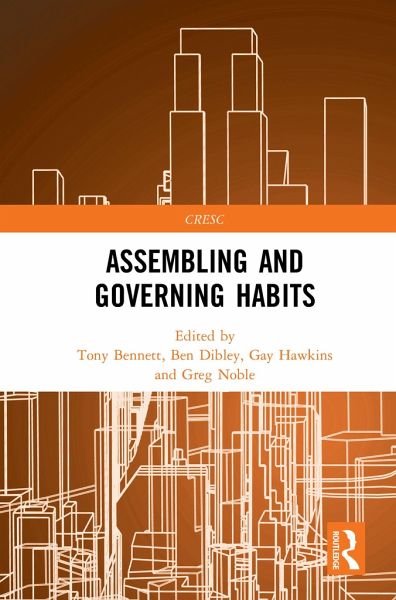
Assembling and Governing Habits
Versandkostenfrei!
Versandfertig in 1-2 Wochen
167,99 €
inkl. MwSt.
Weitere Ausgaben:

PAYBACK Punkte
84 °P sammeln!
The increasing significance of managing or changing habits is evident across a range of pressing contemporary issues: climate change, waste management, travel practices, and crowd control. Assembling and Governing Habits engages with the diverse ways in which habits are governed through the knowledge practices and technologies that have been brought to bear on them. The volume addresses three main concerns. The first focuses on how the habit discourses proposed by a range of disciplines have informed the ways in which different forms of expertise have shaped the ways in which habits have been ...
The increasing significance of managing or changing habits is evident across a range of pressing contemporary issues: climate change, waste management, travel practices, and crowd control. Assembling and Governing Habits engages with the diverse ways in which habits are governed through the knowledge practices and technologies that have been brought to bear on them. The volume addresses three main concerns. The first focuses on how the habit discourses proposed by a range of disciplines have informed the ways in which different forms of expertise have shaped the ways in which habits have been managed or changed to bring about specific social objectives. The second concerns the ways in which habits are acted on as aspects of infrastructures which constitute the interfaces through which technical systems, human conducts and environments are acted on simultaneously. The third concerns the specific ways in which habit discourses and habit infrastructures are brought together in the regulation of 'city habits': that is, habits which have specific qualities arising out of the specific conditions - the rhythms and densities - of urban life and ones which, in the wake of the COVID-19 pandemic, have been profoundly disrupted. Written in a clear and direct style, the book will appeal to students and scholars with an interest in cultural studies, sociology, cultural geography, history of the sciences, and posthuman studies.





